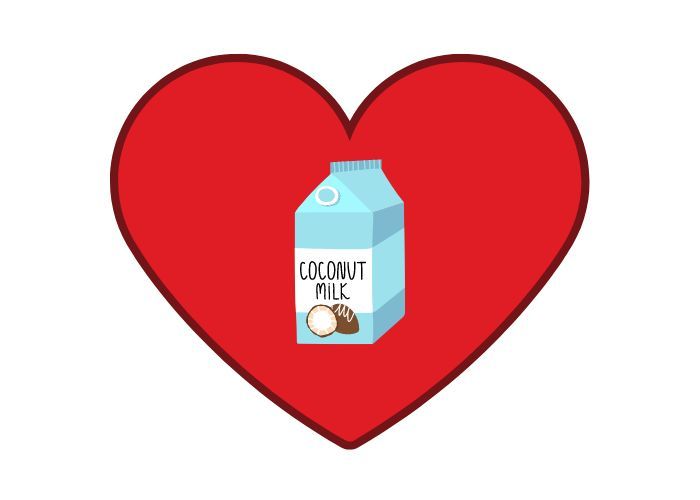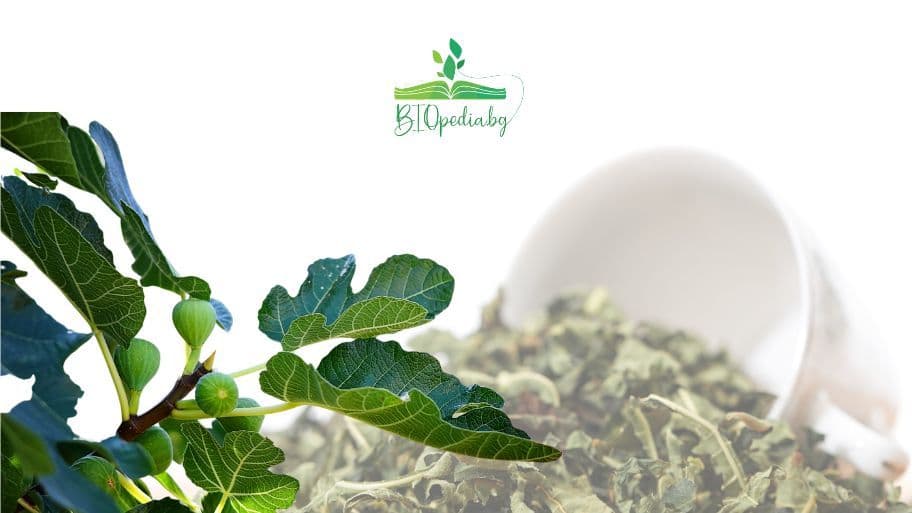Coconut milk - the white substance that is extracted from the flesh of ripe brown coconuts. It has been used for years as an ingredient in desserts, soups and sauces. Coconut milk is a popular component of Indian, Thai, Hawaiian and South American cuisine.

Nowadays, you can simply purchase this product from any department store and do not need to go through the process of making it at home unless you want to make your own coconut milk at home. If you have bone or joint pain, a diet rich in coconut milk may be right for you.
In thisBiopedia article, we'll talk more about five of the main benefits of coconut milk consumption that are backed by scientific research and years of studies.
But before that, let's clarify what the nutritional profile of this nut milk is:
A 100 ml serving of coconut milk contains:
- 169 calories/ 697KJ
- 1.1 g protein
- 16.9 g fat
- 14.6 g saturated fat
- 3.3 g carbohydrate
Coconuts contain significant amounts of fat and although canned or boxed coconut milk is marketed as a reduced fat product, be aware that this is not a diet product and like any food product should be consumed in moderation.

Coconut milk contains beneficial fatty acids
Coconuts contain significant amounts of fat. But unlike other nuts, they provide fats that are primarily in the form of medium-chain saturated fatty acids, particularly one called lauric acid.
This means that the fatty acids in coconut milk are made up of a chain of 6 to 12 carbon atoms, as opposed to the more than 12 atoms found in long-chain fatty acids. This difference in structure has significant benefits, from how the fat in coconut milk is absorbed to how it can affect your body.
Coconut milk for lactose intolerance
Unlike cow's milk, coconut milk does not contain lactose, so it can be used as a milk substitute for people with lactose intolerance.
Lactose is the main type of carbohydrate in all mammalian milks, including goat and sheep. It is made up of two sugars and your body needs an enzyme called lactase to digest it adequately. It is this enzyme that is lacking in people with lactose intolerance.

Coconut milk is also a popular choice among vegans and is a great base for smoothies or milkshakes and can be used as an alternative to dairy when making baked goods and desserts.
Coconut milk and its anti-inflammatory and antifungal properties
About 50% of the lactic acids in coconut milk are a type called lauric acid, which converts to an extremely beneficial compound when it enters the body called monolaurin.

Monolaurin is an antimicrobial, antifungal and anti-inflammatory agent that kills a wide variety of disease-causing organisms. . Because of this, it is believed that consuming coconut milk and other foods derived from coconut can help protect the body from infections and viruses.
Coconut milk for a healthier heart
The lactic acids in coconut milk are quickly metabolized into energy in the liver. For this reason, unlike other saturated fats, those in coconut are used up more quickly by the body and are less likely to be stored as fats that harm the body and cardiovascular health.

Research is mixed, but some recent studies suggest that coconut fat may not have as detrimental an impact on blood lipids, cholesterol balance and cardiovascular health as previously thought.
Coconut milk for a healthy stomach
An animal study found that coconut milk reduced the size of stomach ulcers with the same success that the anti-ulcer drug did.
Further studies confirm that the mechanism of this is partly due to the milk's anti-inflammatory properties combined with positive effects on mucosal growth.

Allergic reactions to coconut are rare, although contact dermatitis and sensitization to tree pollen are more commonly observed. Coconuts are one of those foods that vacillate between the "good" and "bad" food camps.
Coconut milk, especially low-fat, can be used in moderation (up to twice a week). However, the British Heart Foundation recommends replacing saturated fats and their sources, including coconut oil, with unsaturated varieties.





Comments